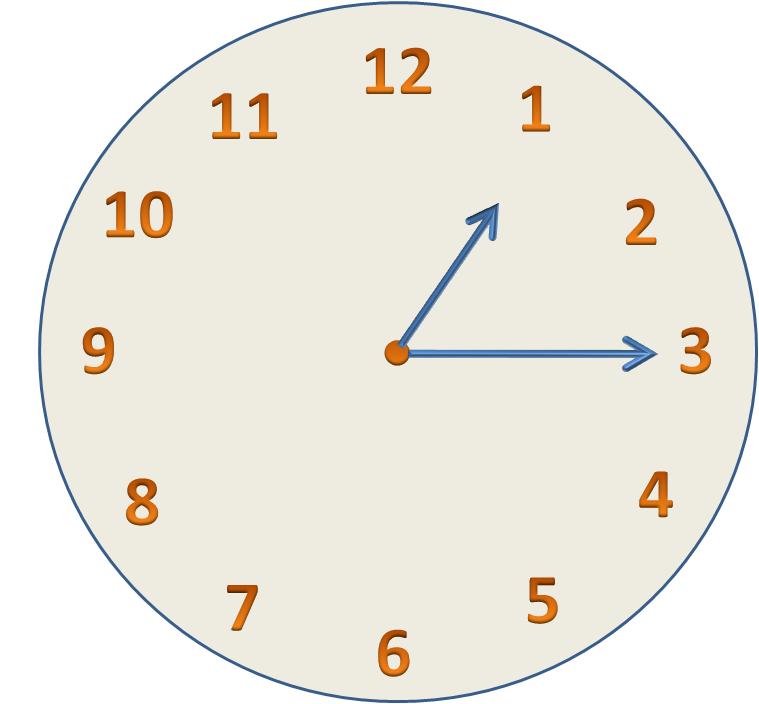Mastering "It's 5:15 PM": A Fun Guide to Telling Time in English
Have you ever found yourself struggling to express the time in English, especially when it comes to those slightly trickier times like "cinco y cuarto"? You know you want to say something past the hour, but the exact words in English might escape you. Don't worry, you're not alone! Many Spanish speakers learning English face this challenge. In this guide, we'll demystify the art of telling time in English, focusing specifically on how to confidently say "It's 5:15 PM".
Let's break it down. The most common way to say "son las cinco y cuarto de la tarde" in English is "It's five fifteen PM." Notice how we use "five fifteen" to indicate the minutes past five. Using the number "fifteen" is clear and concise. Remember that "PM" is crucial here, as it distinguishes the afternoon time from 5:15 in the morning (AM).
Now, while "five fifteen" is the most straightforward way to say 5:15, the English language loves variety! You might also hear people say, "It's a quarter past five." This expression uses "quarter" to represent fifteen minutes, as a quarter of an hour is fifteen minutes. It's a slightly more formal way of telling time, but perfectly acceptable and understood.
Mastering time expressions in English opens a world of possibilities. From setting appointments and catching buses to simply having a casual conversation about your day, accurately communicating the time is essential. Imagine confidently telling a friend, "Let's meet for coffee at a quarter past five!" It adds a touch of natural fluency to your English.
Learning about different ways to express time in English isn't just practical, it's a window into the culture. You'll start to notice the nuances of language and how native speakers effortlessly convey the time. So, embrace the journey of learning these expressions, and watch your confidence in English soar!
Advantages and Disadvantages of Using "Five Fifteen" vs. "A Quarter Past Five"
While both "five fifteen" and "a quarter past five" accurately convey the time, let's explore their subtle differences:
| Feature | "Five Fifteen" | "A Quarter Past Five" |
|---|---|---|
| Formality | More casual and common in everyday speech | Slightly more formal, often used in formal announcements or literature |
| Clarity | Very clear and easy to understand, especially for learners | Can be understood by most, but might require a second thought from some learners |
As you can see, both expressions have their merits. The key is to choose the one that best suits the context and your comfort level.
Let's wrap up with a fun fact: Did you know that the use of "AM" and "PM" originates from Latin? "AM" stands for "ante meridiem" (before midday), while "PM" stands for "post meridiem" (after midday). Now you have a historical tidbit to impress your friends!
In conclusion, mastering time expressions in English is a rewarding step in your language learning adventure. From the straightforward "five fifteen" to the slightly fancier "a quarter past five," you have the tools to confidently tell time like a pro. So go forth, practice these expressions, and enjoy the journey of becoming a more fluent English speaker!
Optimiza tu tiempo plantilla registro horas trabajadas
Lengua y literatura castellana
En que fase lunar estamos hoy descubrelo aqui














